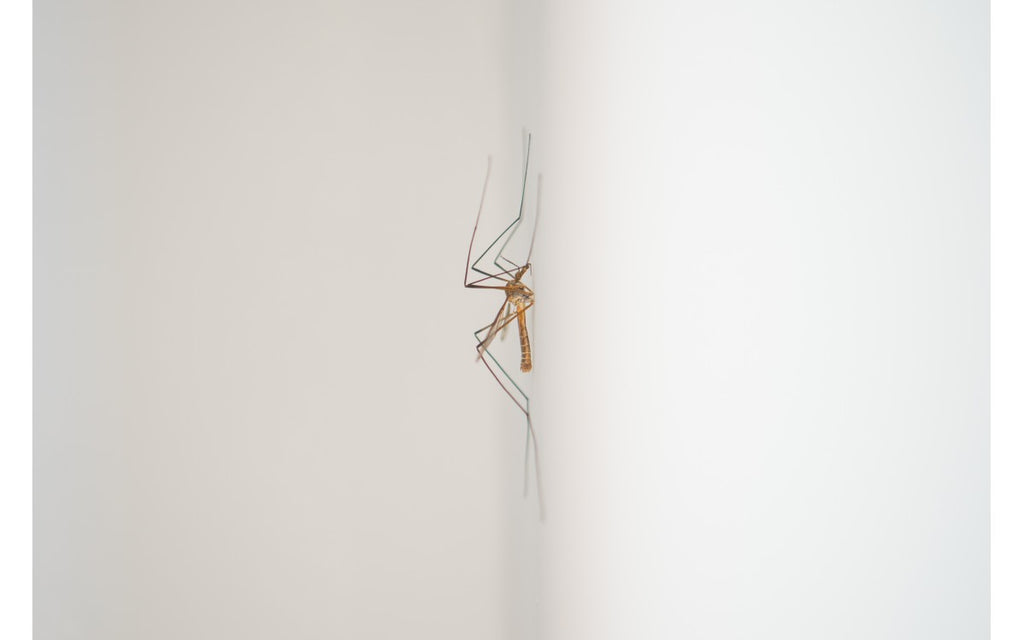Kiasi? Top 12 Singapore Mosquito Myths You Should Know (Part 1)

Being a tropical country, Singapore has mosquitoes all year long – that is 12 months of mosquitoes a year! So, before we run around trying to bust mosquitoes around us, here are 12 mosquito myths to bust. One myth for each month of the year. Our resident Entomologist, Jo-lynn Teh, reports.

Myth 1: "Mosquitoes only bite at night”
One of the most common mosquitoes in Singapore, Aedes mosquitoes, are actually daytime feeders. Their peak biting periods are early in the morning and in the evening before dusk. Having said that, other mosquitoes such as Culex mosquitoes and Anopheles mosquitoes fit into your traditional category of night-time biters.

Myth 2: “You only get bitten by mosquitoes outdoors”
Unless you install mesh screens all over your doors and windows, and you diligently prevent stagnant water inside your house, mosquitoes bite and rest indoors just as much as outdoors. Human-biting mosquitoes have adapted behaviourally to bite and rest indoors and outdoors interchangeably in human environment.

Myth 3: “All mosquitoes are bad”
Of 3000 species of mosquitoes described, out of 41 genera, only three genera are primarily responsible as human diseases vectors – Aedes, Anopheles and Culex. Even from these hree genera, only female mosquitoes bite and spread diseases, while male mosquitoes are content with nectars. All mosquitoes (good and bad) play a part in food chain for birds, bats, frogs and fish. In fact, Toxorhynchites mosquito larvae prey on other mosquito larvae, earning the title of the “good mosquito”.

Myth 4: “Mosquitoes like certain blood type, certain diets and certain clothing colours”
Mosquitoes rely on a combination of carbon dioxide we exhale, body heat we emit and biochemicals we excrete from our skin to locate us for their next blood meal. Since these three are merely physiological and genetic in nature, no amount of garlic, Vitamin B, banana and beer can deter mosquitoes from targeting you. For those with blood type 'O', do not worry – that popular study, in fact, did not present statistical significance across all blood types and over small sample size of only 64 people. This statement needs further research.

Myth 5: “Any insect aerosol work against mosquitoes”
What is the most common reaction when we see a mosquito flying? Grab the first insect aerosol we can find and spray frantically into the air. This is wrong for two reasons. First, insect aerosols are designed differently for crawling insects (oil-like formulation) and flying insects (water-like formulation). Using the wrong one without reading label not only makes your room oily, you may also expose yourself to unnecessary hazard. Secondly, insect aerosols are not the best solution – preventing mosquito breeding and self-protection are the better solutions you can apply.

Myth 6: “Ultrasonic devices work great against mosquitoes”
According to the American Mosquito Control Association, at least 10 studies in the past 15 years have unanimously proved that ultrasonic devices do not repel mosquitoes. In fact, one study testing five different ultrasonic devices against four mosquito species convincingly demonstrated that ultrasound in the 20-70 kHz range used by these devices had no effect on female mosquitoes. Unfortunately, this is nothing more than effective marketing tool targeted towards chemophobia.
Stay tuned for Part 2 when we reveal six more mosquito myths!
Follow us on Instagram and Facebook to stay up to date!
Written by Jo-Lynn Teh, Entomologist
Jo-Lynn Teh is an entomologist based in the Hague, the Netherlands. While her specialisation is on tropical insects that affect public health and agriculture, Jo-Lynn’s passion is to help people understand insects. When she is not scrutinising European insects and books about European insects, Jo-Lynn enjoys exploring recipes, yoga moves and foreign cities. Find her on LinkedIn.

Leave a comment